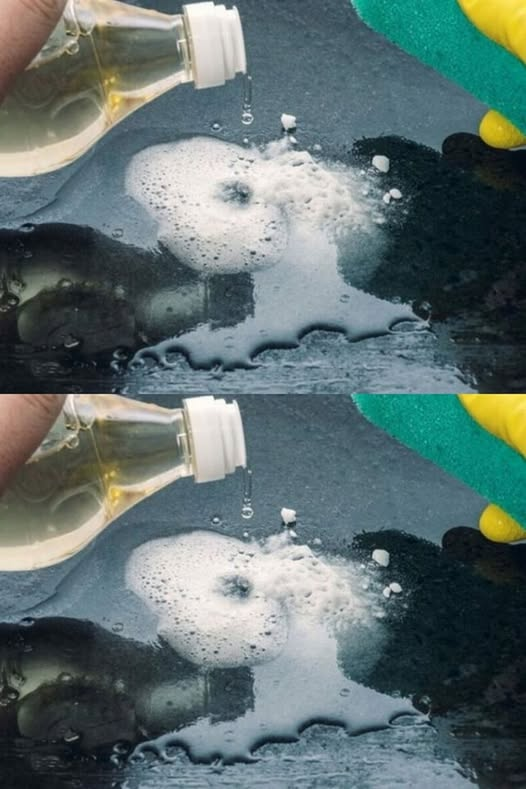ADVERTISEMENT
Painted surfaces
When using white vinegar on painted surfaces, the acid in it is likely to strip the paint, discoloring and dulling the surface. The acid can also cause warping and cracking.
Metal surfaces and metal objects
You’ve probably heard that vinegar helps remove rust from knives. If you use this trick too often, you may end up with dull and damaged knives. In fact, this powerful natural product can tarnish and corrode the finish of copper, brass, and stainless steel.
Vinegar can also strip the coating on most plumbing fixtures, causing rust and other damage.
Wooden surfaces
For many people, the best way to clean a wooden surface is with vinegar. However, they do not know that vinegar, even diluted, gradually corrodes the finish of wooden surfaces.
The truth is that wood can absorb moisture and the acid in vinegar can strip and damage it over time. When the protective finish is removed by the acid, the wood becomes vulnerable to wear and tear.
In such a situation, it is advisable to turn to a cleaner that is ideal for cleaning wood. Therefore, multipurpose products should no longer be used unless it is indicated that the product can clean a wooden surface with complete peace of mind.
Stone surfaces
You already know that vinegar contains acid. This is why it can damage porous and hard surfaces such as travertine, limestone, granite and marble.
Even if white vinegar is left on the stone surface for a long time, it can cause damage. The acid eats away at the surface and removes the sealant that protects it from discoloration and staining. When using vinegar on stone surfaces, be aware that it may cause discoloration and dulling.
